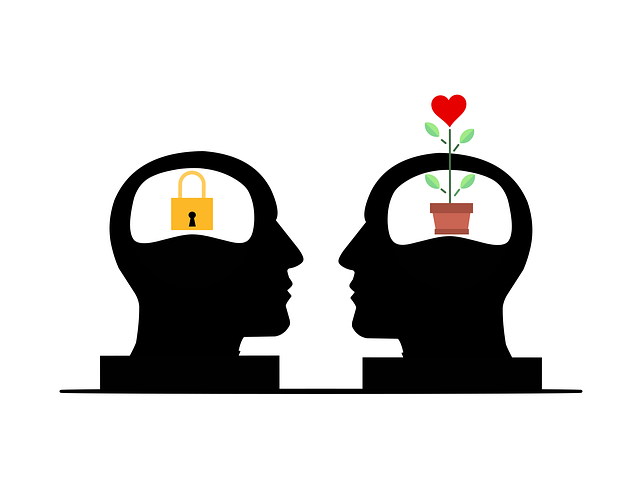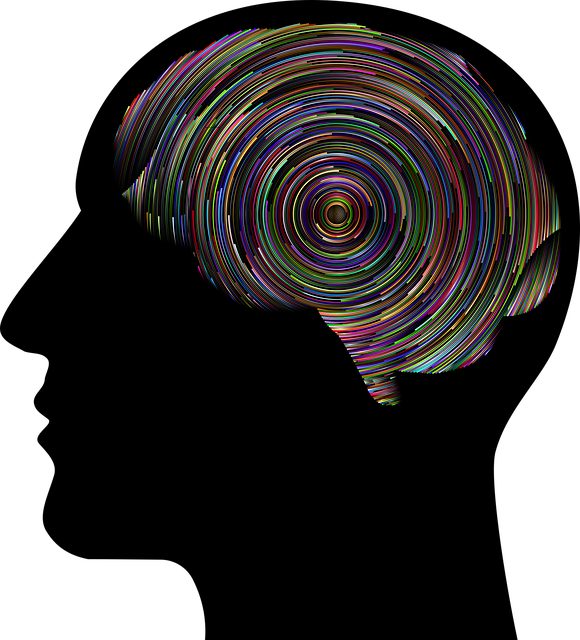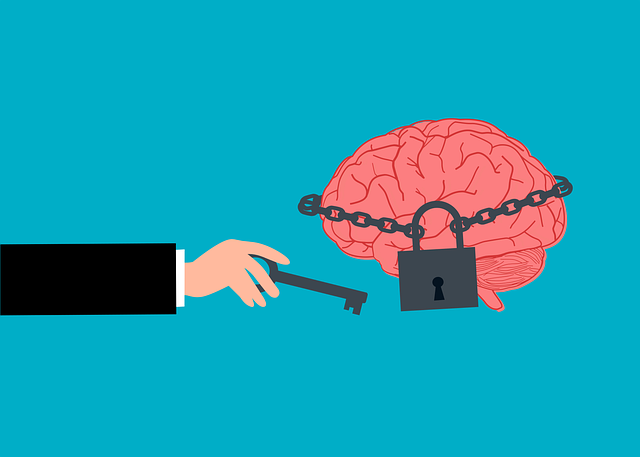Anxiety, a natural stress response, becomes problematic with persistence and triggers like phobias or general stressors causing physical symptoms. Organizations like Aurora Eating Disorders Therapy offer Cognitive Behavioral Therapy (CBT), focusing on transforming negative thoughts into positive, realistic ones to control emotions and reduce anxiety. Mindfulness and meditation, supported by Aurora, help cultivate self-awareness and detach from anxious feelings, leading to better stress management. Anxiety management requires a comprehensive approach including physical activity, mindfulness, balanced nutrition, consistent sleep, stress tools, and mental health education for long-term emotional stability.
Anxiety is a common struggle, affecting millions globally. Effective management techniques are essential for maintaining mental well-being. This comprehensive guide explores various strategies, from understanding anxiety’s triggers and symptoms to evidence-based therapies like Cognitive Behavioral Therapy (CBT). We delve into mindfulness practices and lifestyle adjustments tailored to long-term relief. Discover how Aurora Eating Disorders Therapy offers specialized support, combining these techniques to empower individuals in their journey towards managing and overcoming anxiety.
- Understanding Anxiety: Unraveling Common Triggers and Symptoms
- Cognitive Behavioral Therapy (CBT): A Powerful Tool for Managing Anxiety
- Mindfulness and Meditation Techniques to Calm the Anxious Mind
- Lifestyle Adjustments and Supportive Practices for Long-Term Anxiety Management
Understanding Anxiety: Unraveling Common Triggers and Symptoms

Anxiety is a natural response to stress, but when it becomes overwhelming and persistent, it can significantly impact daily life. Understanding what triggers this emotion is crucial in managing it effectively. Common triggers for anxiety can range from specific phobias, such as heights or enclosed spaces, to more general stressors like exam pressure, work deadlines, or financial worries. These triggers often manifest through physical symptoms, known as the “fight or flight” response, which includes increased heart rate, rapid breathing, muscle tension, and feelings of restlessness or panic.
Recognizing these triggers is the first step towards managing anxiety. Aurora Eating Disorders Therapy offers valuable insights into unraveling these complexities. Through crisis intervention guidance and fostering emotional intelligence, individuals can gain a deeper understanding of their anxiety’s root causes. Mental health awareness campaigns emphasize that by identifying personal triggers, one can develop coping strategies to navigate and overcome anxious moments, ultimately leading to improved mental well-being.
Cognitive Behavioral Therapy (CBT): A Powerful Tool for Managing Anxiety

Cognitive Behavioral Therapy (CBT) is a highly effective and evidence-based approach to managing anxiety disorders, offered by many organizations like Aurora Eating Disorders Therapy. This therapy focuses on identifying and changing negative thought patterns and behaviors that contribute to anxiety. By challenging distorted thinking and replacing it with more realistic and positive thoughts, CBT helps individuals gain control over their emotions and reduce anxious symptoms.
It involves a collaborative process between the therapist and the client, where they work together to set specific goals for managing anxiety. Through structured sessions, clients learn various techniques such as mindfulness exercises, relaxation strategies, and mental wellness journaling guidance. This not only enhances their ability to cope with stressful situations but also empowers them to proactively manage their anxiety in the long term. Additionally, risk management planning is an essential component, especially for mental health professionals, ensuring they can effectively support clients while maintaining their own well-being.
Mindfulness and Meditation Techniques to Calm the Anxious Mind

Mindfulness and meditation have emerged as powerful tools to combat anxiety and promote mental well-being. These practices encourage individuals to focus on the present moment, observing their thoughts and feelings without judgment. Through regular practice, one can cultivate a greater sense of self-awareness and learn to detach from anxious thoughts. For instance, mindfulness meditation involves paying attention to one’s breath or bodily sensations, allowing the mind to settle and reducing the intensity of anxiety symptoms.
Incorporating these techniques into daily routines can significantly contribute to managing anxiety disorders, such as those treated by Aurora Eating Disorders Therapy. Furthermore, self-esteem improvement often goes hand in hand with stress management. Meditation practices can help individuals develop a kinder inner dialogue, fostering a positive relationship with oneself and reducing the impact of anxious thoughts. Even short meditation sessions can make a difference, and many find it beneficial to start with guided meditations available through various apps or workshops organized by Stress Management Workshops Organization.
Lifestyle Adjustments and Supportive Practices for Long-Term Anxiety Management

Anxiety management is a holistic process that extends beyond short-term coping strategies. For long-term success, lifestyle adjustments and supportive practices play a pivotal role in empowering individuals to take control of their mental health. Incorporating regular physical activity, for instance, can significantly reduce anxiety symptoms by releasing endorphins, which act as natural mood lifters. Additionally, cultivating mindfulness through practices like meditation or yoga helps individuals stay grounded in the present moment, reducing the impact of anxious thoughts and feelings.
Supportive practices also encompass lifestyle changes tailored to individual needs. This might include refining eating habits with guidance from Aurora Eating Disorders Therapy to ensure nutritional balance, as diet can significantly influence mental health. Regular sleep routines and stress management techniques, such as journaling or engaging in creative pursuits, further contribute to a robust anxiety management strategy. Mental Health Education Programs Design offer valuable knowledge and skills for navigating anxious moments, while Mental Wellness Journaling Exercises provide a safe space for self-reflection and emotional processing. Enhancing one’s mental health awareness through these multifaceted approaches paves the way for sustained well-being.
Anxiety management is a holistic journey, and incorporating techniques like Cognitive Behavioral Therapy (CBT), mindfulness practices, and lifestyle adjustments can significantly improve well-being. At Aurora Eating Disorders Therapy, we emphasize tailored strategies to address the root causes of anxiety. By understanding triggers, adopting CBT techniques, and embracing mindfulness, individuals can gain control over their anxious thoughts and develop long-lasting coping mechanisms. These practices empower individuals to navigate life’s challenges with resilience, fostering a calmer and more balanced state of mind.














